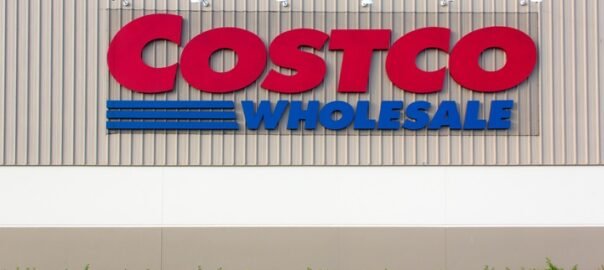Capri Holdings may have to let go of its image as a luxury fashion house and bank on mid-tier pricing as well as a partnership with Amazon.com for its Michael Kors brand following its $1.4 billion sale of Versace to Prada.
After Italy’s Prada struck a deal to buy smaller rival Versace on Thursday, Capri CEO John Idol said that the company could make “accelerated strategic investments” in Michael Kors, the clothing and accessories brand it still holds in addition to footwear brand Jimmy Choo.
Capri had been exploring alternatives for both Versace and Jimmy Choo after the $8.5 billion sale of Capri to peer and Coach-owner Tapestry fell apart in November. Sources viewed a deal for Jimmy Choo as more tricky given consumers have been favouring sneakers and more casual shoes over high heels.
Meanwhile, in a rare move for a luxury brand and a signal that Capri is putting less emphasis on an upscale image for Michael Kors, Capri in March launched its first official Amazon storefront for the brand, allowing shoppers to buy handbags, clothing and accessories.
“Michael Kors’ availability on Amazon marks a significant shift – and not necessarily in the direction of luxury,” said Angeli Gianchandani, adjunct instructor at New York University’s School of Professional Studies. “While it may help drive volume and reach a broader audience, it also risks further diluting the brand’s prestige.”
Michael Kors handbags at its retail outlet and website are priced from under $50 to more than $3,000 while on Amazon its purses and bags are sold for anywhere between $59 and $400.
“(Amazon’s) a great outlet for these companies to get rid of excess inventory, especially from the higher end markdowns,” said Jamie Meyers, Securities Analyst at Laffer Tengler Investments. “So, it’s certainly a move that makes perfect sense.”
Capri has also said it is reviewing pricing across categories to try to boost full-price sales.
The attempt to revive growth could, however, take a hit from U.S. President Donald Trump’s tariffs as nearly all Michael Kors products are made in Asia, according to Capri’s annual report last May, although it did not specify individual countries.
Jimmy Choo products are produced by specialists in Italy, supported by factories across Europe, with a small portion produced in Asia, according to the report.
During a post-earnings call in February, Idol said that Capri had attempted to elevate Michael Kors’ price points too quickly and going forward it would refocus on the heritage of the brand and align pricing architecture with historical levels.
Michael Kors bought Versace for $2.2 billion in 2018 and named the group Capri, in a bid to take on larger European rivals such as Louis Vuitton-owner LVMH and Kering and widen its customer base. It acquired Jimmy Choo, whose shoes retail for as much as $5,000, the previous year.
Capri has posted nearly ten quarters of revenue declines and lost out to local competition from Coach as it struggled to convince shoppers higher prices were worth paying.
“The bottom line is Prada is a luxury company and Capri is not, in a sense, because Michael Kors is not really a luxury brand,” Morningstar analyst David Swartz said. “It was not a great fit because Michael Kors is a primarily American mid-tier handbag maker.”
News Credits- FASHION NETWORK










